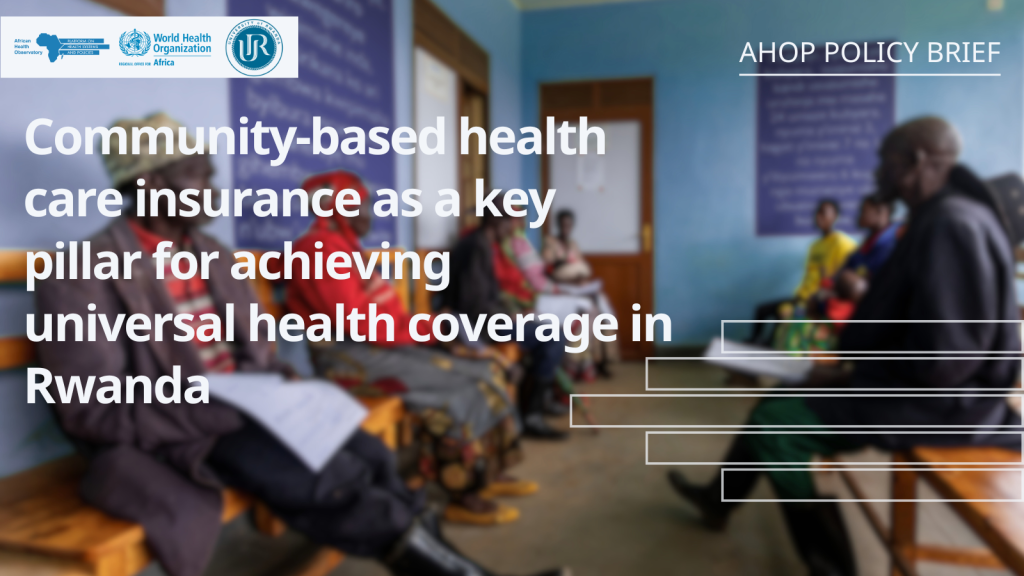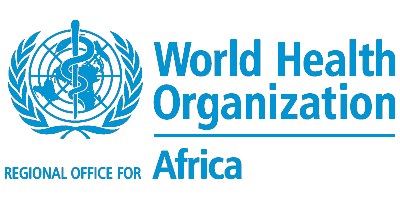New AHOP policy brief explores community-based health insurance in Rwanda
The African Health Observatory Platform on Health Systems and Policies (AHOP) presents a new policy brief summary from the Rwanda National Centre – School of Public Health at the University of Rwanda – titled, “Community-Based Health Insurance as a key pillar for achieving universal health coverage in Rwanda”.
Community-Based Health Insurance (CBHI), established in Rwanda in response to post-the 1994 genocide against the Tutsi healthcare challenges, was scaled up rapidly and has become pivotal in improving access and financial risk protection in healthcare and advancing the Universal Health Coverage (UHC) agenda. However, it has faced challenges related to high co-payments for secondary healthcare services and limited coverage for crucial treatments, affecting sustainability and inclusivity.
The remarkable growth of CBHI expanded healthcare access, particularly for vulnerable populations, with an estimated coverage of 93.1% (NISR, 2022). Additionally, the introduction of CBHI has reduced out-of-pocket expenditure from 26.6% in 2000 to 10.4% in 2020 and increased healthcare utilization from 0.25 annual visits per capita in 2000 to 1.57 annual visits per capita in 2023. Rwanda’s CBHI is a success story in advancing UHC, offering valuable lessons for other countries. The scheme’s rapid expansion demonstrates its potential, yet identified challenges, such as coverage limitations and financial barriers, demand immediate attention for long-term sustainability and equity.
Based on the evidence presented, the brief proposes a comprehensive set of policy measures that could improve the functioning, sustainability, and equity of CBHI in Rwanda. These are centred on co-payment restructuring, CBHI coverage, funding mechanisms, and stakeholder collaboration. The primary objective is to advance equitable access to healthcare, specifically targeting lower-income individuals, by strategically addressing financial barriers, service gaps, and concerns over quality of healthcare provision.
AHOP is a regional partnership that promotes evidence-informed policy-making. It is hosted by the WHO Regional Office for Africa (WHO AFRO) and is a network of centres of excellence from across the region, leveraging existing national and regional collaborations.
The extended summary is now available for download in English and French. The entire policy brief will be published online soon.









